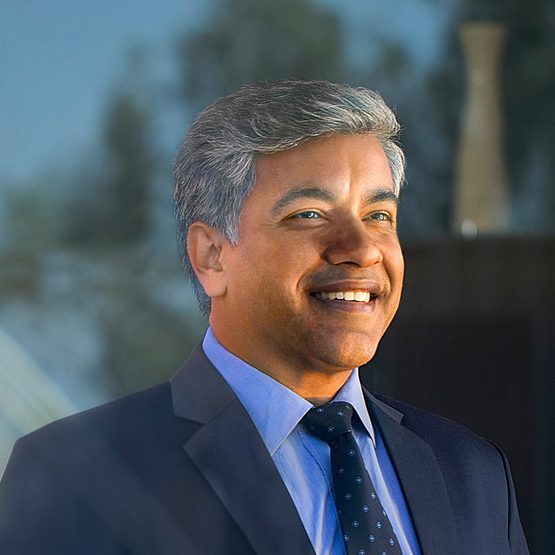-

Global Private Bank
The Great Repositioning
A shift is underway as ultra-wealthy families rewire for a fractured world. Our new research reveals how.

Wealth & Retail Banking
Wealth & Retail Banking serves the local and international banking needs of clients across the wealth continuum from Personal to Priority and Private Banking, as well as Small and Medium Enterprises.

Corporate & Investment Banking
Corporate & Investment Banking supports large corporations, development organisations, governments, banks and investors to access cross-border trade and investment opportunities.

Be fraud aware
Stay informed about the latest methods and find out how you can report suspicious activity to help us fight back against fraud.

Make a difference
Explore careers with Standard Chartered and find a role which expands your horizons.